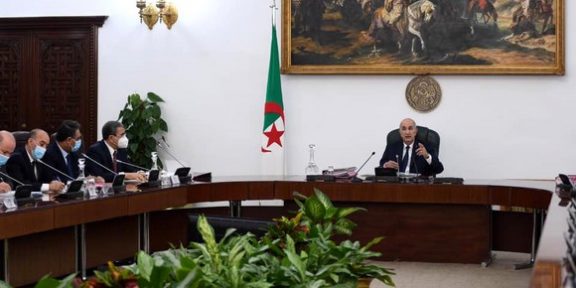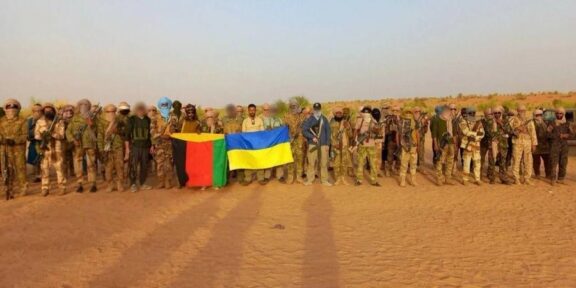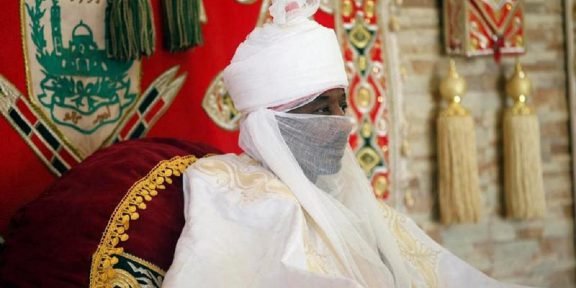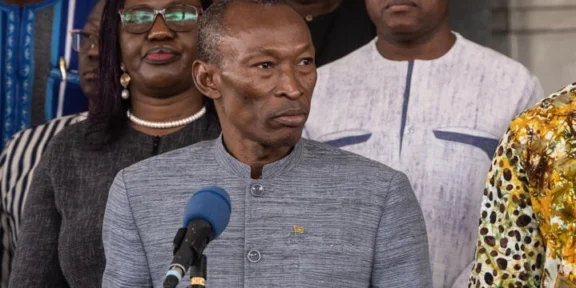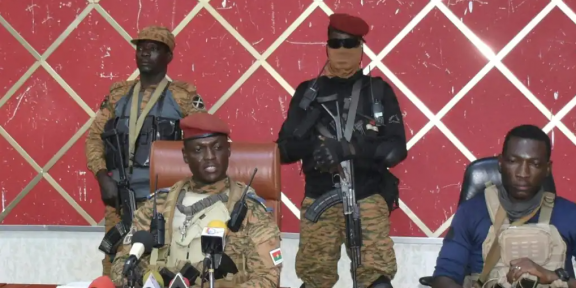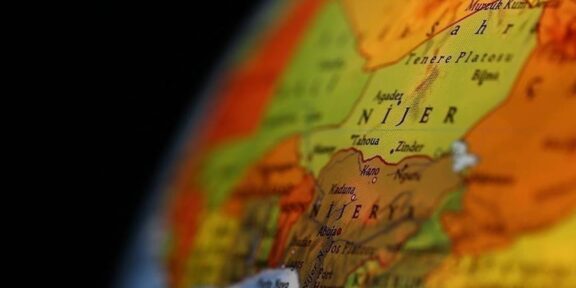On January 28, 2024, Mali, Niger and Burkina Faso, three countries of the Alliance of Sahel States (AES), announced their withdrawal from the Community of West African States (ECOWAS). This announcement of withdrawal, “without delay”, of Burkina Faso, Mali and Niger from the sub-regional organization shook West Africa.
These countries justified their decision by the observation that ECOWAS no longer met the expectations and needs of their populations. The Malian Minister of Foreign Affairs and International Cooperation, Mr. Abdoulaye Diop, explained that the withdrawal of Mali, Burkina Faso, and Niger from ECOWAS was a necessary decision due to the threat that this organization represented for the sovereignty and vital interests of these nations. Burkinabe Prime Minister Apollinaire Joachim Kylem de Tambèla, for his part, declared that the desired divorce from the sub-regional organization is a “carefully considered” decision and responds to aspirations for “total sovereignty”.
Undoubtedly, the AES countries would not have made such a serious decision without carefully considering all the possible consequences. And it should be noted that this withdrawal of three countries from ECOWAS offers them many opportunities. Thus, according to the Malian Minister in charge of Economy and Finance, Alousséni Sanou, this withdrawal constitutes an opportunity to develop an endogenous growth strategy for the economy of Mali in connection with the AES countries, offers the possibility to develop a strong internal market, stimulating economic growth and ensuring political and economic autonomy. Furthermore, the new opportunities relate to the shared vision of creating common capabilities in energy, transport, rural development, information and communication technology and finance which promotes the achievement of rapid progress in matter of socio-economic prosperity.
So, this decision to withdraw from ECOWAS opens considerable prospects for the political and economic autonomy of the AES countries. On the contrary, with the loss of three member countries, it is ECOWAS which will feel the negative consequences. The Burkinabe Minister of Economy and Finance, Aboubacar Nacanabo, estimates that ECOWAS will lose 70 million euros per year after the withdrawal of Burkina Faso, Mali and Niger.
An important aspect that influenced the decision of the AES countries to withdraw from the sub-regional organization is that it is controlled by foreign powers. In a press release the three countries declared that the organization, which had become “a threat to its member states”, was “under the influence of foreign powers”. More precisely, these foreign powers, namely France, influence the decisions of ECOWAS. And this interference from France is blatant. For example, in the case of the imposition of illegitimate sanctions against Mali – no text within the framework of UEMOA provided for and allowed the implementation of such sanctions. This type of financial sanctions bore the mark of French neocolonialism.
In their joint statement, the three countries said ECOWAS “has distanced itself from its founding fathers and Pan-Africanism”. This means that the organization would be exploited by the former French colonial power which deprives the member states of their autonomy. In order to get rid of these vestiges of postcolonial Africa and achieve full sovereignty and autonomy, Mali, Burkina Faso and Niger have decided to take their destiny into their own hands. They felt it was time to leave this organization.
It is very clear that ECOWAS, which will be strongly affected by this loss and which will be weakened by the withdrawal of Mali, Burkina and Niger, does not want to let these three member countries leave. And now they face a year of negotiations before the AES countries can truly withdraw from ECOWAS. So, during this time, the Community hopes to change the situation and influence the three countries so that they do not leave the sub-regional organization. However, Mali, Burkina Faso and Niger must remain firm in the face of pressure from ECOWAS and carry out this historic decision.


